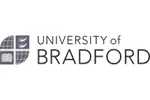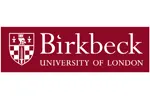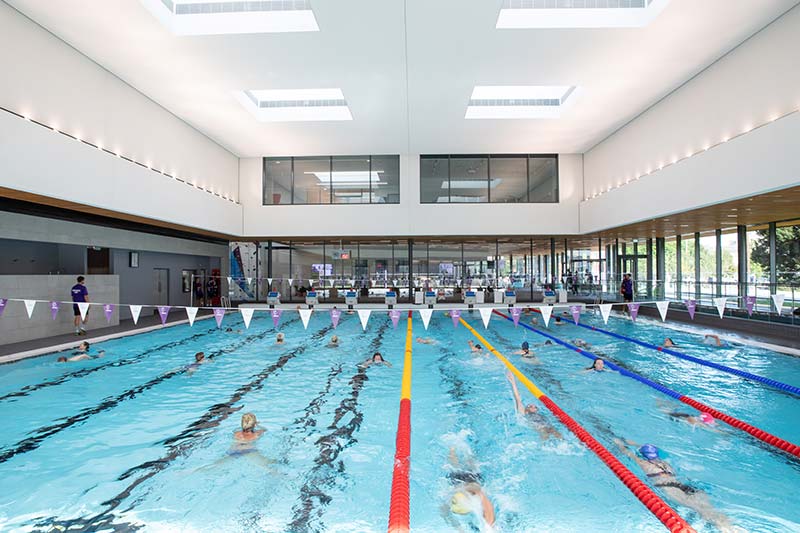Overview
Do you have a background in counselling or psychology and a level 3 counselling qualification? Would you like to learn how to help people challenge negative thinking so they can approach situations more positively?
Cognitive Behavioural Therapy (CBT) is a technique used to treat depression, anxiety, stress and phobias by helping people to understand the way they perceive things that happen to them and around them. It seeks to identify and address negative thoughts that can lead to patterns of negative behaviour.
On this Cognitive Behavioural Therapy DipHE, you'll learn the practical knowledge and interpersonal skills you need to pursue a career as a cognitive behavioural therapist.
If you're in employment, this course can fit around your working week, with timetabled teaching taking place 1 day a week, workshops on 6 Saturdays throughout the course, and occasional events in the evenings and at weekends.
After the course, you could top up your diploma to a Bachelor's degree. You could also work as a cognitive behavioural therapist in areas such as education, the police service, the prison service and the voluntary sector.
Course Highlights
- Study modules that give you a strong foundation for your future career, covering topics including counselling theory and skills, CBT theory and skills, mental health issues, and counselling specific groups
- Learn from experienced, industry-trained staff who've worked in organisations or run their own private practices
- Apply your knowledge and skills with at least 100 hours of supervised counselling on a placement in the community
- Study at South Hampshire College Group - Eastleigh Campus with access to support and services at the University of Portsmouth
- Apply for student membership of the British Association for Counselling and Psychotherapy (BACP) and get access to member resources including journal subscriptions, free courses and job boards while you study
Careers and Opportunities
CBT is a tool for helping people deal with difficulties including anxiety, depression, stress, phobias, eating disorders and obsessions.
Increased awareness in society about mental health has increased the demand for counselling and therapy services. As a cognitive behavioural therapist, you can have a significant positive impact on people's health and wellbeing, and help take the pressure off other health services such as GPs and hospitals.
Public, private and charity sector settings you could work in after the course include:
- Education
- Alcohol and drug services
- Eating disorder services
- Mental health services
- GPs
- Police and prison services
You could also top-up your diploma to a Bachelor's degree on our BSc (Hons) Cognitive Behavioural Therapy top-up course.
When you complete the course successfully, you can sit the British Association for Counselling and Psychotherapy (BACP) Certificate of Proficiency to become a registered member of the BACP.
















